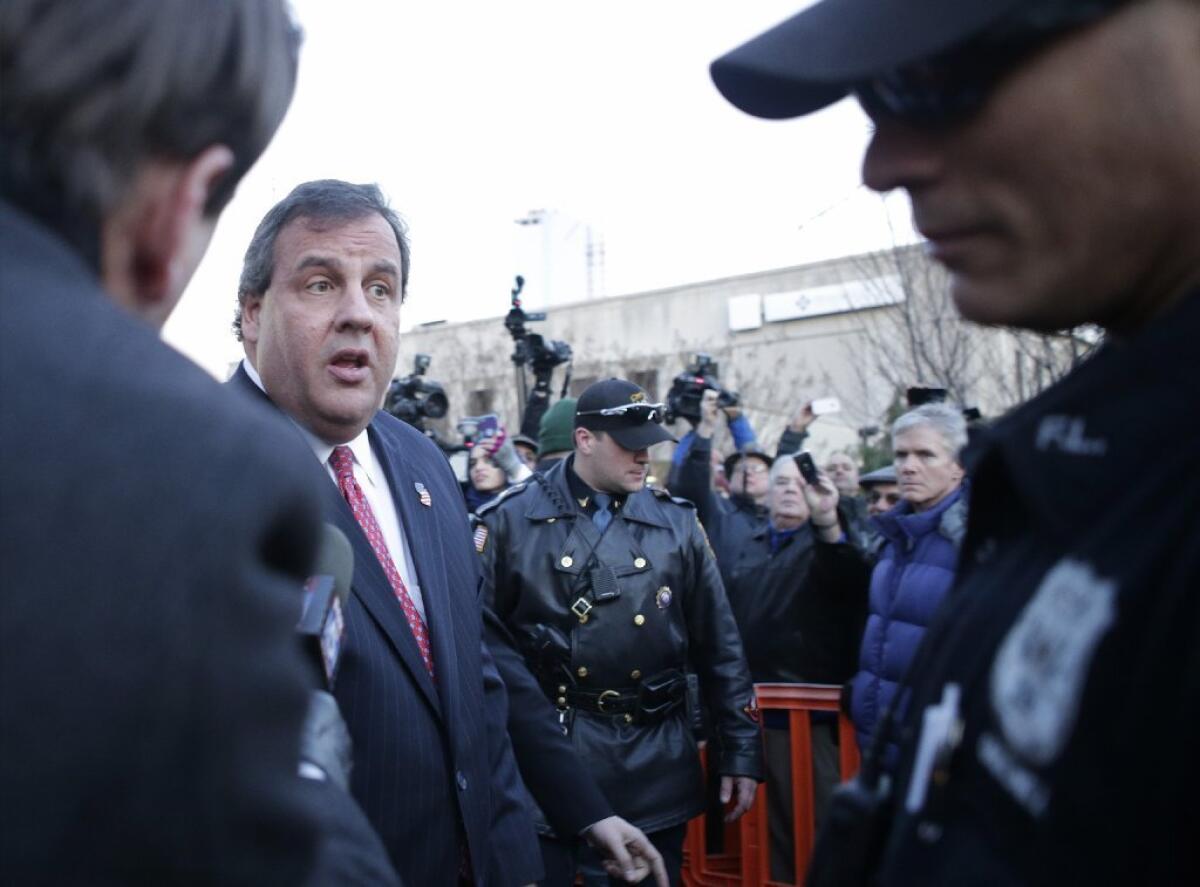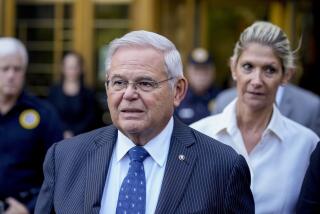Chris Christie, by Shakespeare

If Chris Christie’s insistence that he didn’t order his aides to snarl traffic on the George Washington Bridge sounds familiar, it should. Think Shakespeare. More specifically, think “Richard II.”
Reading the emails sent by Christie’s aides and appointees, I couldn’t help but think about the scene in which Sir Pierce of Exton has a conversation with an unnamed servant. They’ve both heard King Henry IV express what sounds like a wish to have the imprisoned former king, Richard, executed.
Exton:
Didst thou not mark the king, what words he spake,
‘Have I no friend will rid me of this living fear?’
Was it not so?
Servant:
These were his very words.
Exton:
‘Have I no friend?’ quoth he: he spake it twice,
And urged it twice together, did he not?
Servant:
He did.
Exton:
And speaking it, he wistly [intently] look’d on me,
And who should say [as if to say], ‘I would thou wert the man
That would divorce this terror from my heart’;
Meaning the king at Pomfret. Come, let’s go:
I am the king’s friend, and will rid his foe.
We don’t yet know who exactly ordered what in the New Jersey bridge scandal, of course. But just imagine that exchange between Exton and his servant as having been spoken in a New Jersey accent, with Bridget Anne Kelly, Christie’s deputy chief of staff, as Exton, and Port Authority official David Wildstein as the servant. For the king at Pomfret (the former King Richard), substitute Fort Lee Mayor Mark Sokolich and the passage starts seeming positively contemporary.
Shakespeare makes it clear that the plotters are acting to fulfill what they believe to be the king’s wish as they murder his last remaining enemy. Shakespeare also makes it clear that King Henry never explicitly commanded the deed.
But did he accidentally utter an unconscious desire, or did he cynically order a crime while maintaining “plausible deniability”? The ambiguous answer to that question comes from King Henry himself when he’s shown the coffin of his enemy.
“They love not poison that do poison need.”
But that doesn’t mean he rewards the loyal poisoner who filled his need. Instead, he banishes him:
“With Cain go wander through the shades of night
And never show thy head by day nor light.”
Modern translation: “You’ll never hold a political job in New Jersey again.”
Whatever he hoped, Henry did not directly order a specific action. He could truthfully (though prosaically) have made the same denial Christie made: “I had no knowledge or involvement in this issue, in its planning or its execution.”
We don’t yet know whether those words are true for the governor. But the reign of Chris I, like that of Henry IV, has been marked by acts of retaliation. The difference? Christie denies any iron-fistedness. “This is not the tone I have set over the last four years .... I am who I am. But I am not a bully.”
Henry, on the other hand, acknowledged guilt about having strengthened his reign through a blood bath.
“Lords I protest, my soul is full of woe.
That blood should sprinkle me to make me grow.”
He never quite says what he knew and when he knew it. But he did leave England for a pilgrimage to the Holy Land, which in those days was a good long trip. So far, Christie has gone no farther in penitence than Fort Lee. And he didn’t even go barefoot. Maybe, like Henry, he too should quit the realm for a while.
Barbara Garson is the author of “Down the Up Escalator: How the 99% Live” and of the Shakespearean parody “MacBird!”
More to Read
A cure for the common opinion
Get thought-provoking perspectives with our weekly newsletter.
You may occasionally receive promotional content from the Los Angeles Times.






